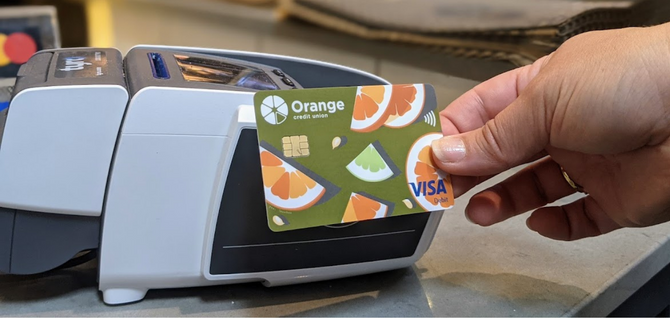Monday to Friday, 9.00am to 4.30pm
Your trust matters most to us and we take your security and privacy very seriously.
Learn about our world-class security capabilities, and simple steps you can take to protect yourself every day, wherever you are online.
The Internet is a vast, largely unregulated network of computers that spans the world. There are no laws that embrace the Internet in its entirety. The security and protection of your personal information and online transactions is therefore of paramount importance.
Accordingly, we have adopted a range of security practices designed to safeguard your information from unauthorised access.
Equally, online security requires your informed and alert participation.
We have placed the utmost importance in ensuring that your personal details, funds and account information remain secure from unauthorised access.
We employ banking industry standard 128-bit encryption of confidential data sent to and from this site to ensure that no information can be intercepted and read by others. Encryption scrambles the data that is sent on the line to stop people who may try to tap or hack into Internet communications. The closed padlock on the bottom of the Internet Banking browser page indicates that the Internet Banking site is secure.
Tip:
- To check that you are using a secure web address, look at the root of the web address following the letters "http://".
- In a secure site you will see "https:/".
- The letter "s" signifies that you are accessing a secured address.
- Unsecured addresses do not include an "s" in the root address; they start with "http://".
In addition, our system has various security features to safeguard your transactions and personal information. These include:
- Secure login pages: your access information is encrypted (scrambled)
- Member chosen passwords: you can change your Internet Banking password at any time
- Password anonymity: you are the only person that knows your password
- The Internet Banking login page is unable to be cached: this means that your personal login information is erased when you leave the login page and cannot be retrieved by anyone else using your computer
- Internet Banking password lock after 3 attempts: if a user enters their password incorrectly 3 times, Internet Banking will be locked and the account blocked. The system can be unlocked and your password reset when we are contacted and the person is identified as the account owner
- Timeouts for session inactivity: your Internet Banking session will time out after 5 minutes if there is no activity with your banking session
- One-time passwords: an SMS Text generated random password, which is only valid once, providing additional security to your Internet Banking service
We have employed a range of security measures to help protect your personal information and transactions. These measures include data encryption, firewalls, automatic timeouts and one-time passwords via SMS Text. Therefore, when you do your banking online with us, you can be assured that your banking is safeguarded and protected.
There are two things you should do:
- Become familiar with the types of online fraud you may experience.
- Adopt responsible practices in relation to the protection of your own personal information.
See our list of useful links.
If you receive a suspicious email purporting to come from a financial institution:
- Contact the financial institution to verify the email
- Delete the email immediately and do not click on any links in the email
If you have clicked on a link in the email:
- Perform a scan for possible viruses and Trojans using your virus protection software. Should you require further information, please contact your software vendor
- After you have completed a scan on your computer, please contact us to report the occurrence and have your Internet Banking password reset
- If you do not have anti-virus protection, we recommend that you do not use Internet Banking until you have up-to-date anti-virus protection
Your member number and password identify you to Internet Banking. You must protect them at all times.
If you think that someone has accessed your member number and/or password you should:
- Login to Internet Banking and immediately change your password; and
- Contact us to advise us of what has occurred.
More ways to improve your own online security




